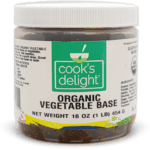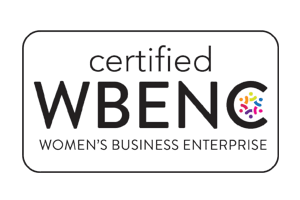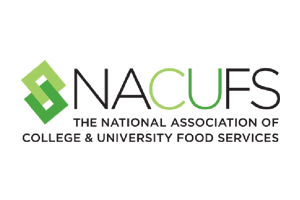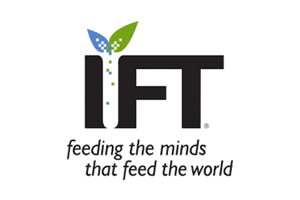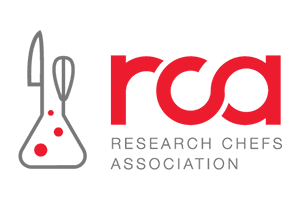GMO-Free vs Non-GMO vs Organic
How We Identify Our Products
A genetically modified organism (commonly known as a GMO) is “a plant, animal, microorganism or other organism whose genetic makeup has been modified in a laboratory using genetic engineering” … (Non-GMO Project – https://www.nongmoproject.org/gmo-facts/what-is-gmo/
This processing can create combinations of plants and animal products that do not occur in nature or through traditional crossbreeding methods. GMO’s are sometimes thought to be controversial. It’s interesting to note, however, that about 90 percent of scientists believe GMOs are safe — a view endorsed by the American Medical Association, the National Academy of Sciences, the American Association for the Advancement of Science and the World Health Organization — while only slightly more than a third of consumers share this belief (https://www.nytimes.com/2018/04/23/well/eat/are-gmo-foods-safe.html) .
Why do consumers feel differently? It may be because the guidelines around defining and labeling GMOs are not consistent in the industry.
Because there is currently minimal regulatory guidance around GMO definitions, this leads to consumer confusion over some of the labels used to identify foods that contain GMOs and those foods and ingredients that do not. We have identified that there is more consumer demand for food products that are labeled as non-GMO and that this consumer preference can drive the business decisions that you make while selecting ingredients and products for your foodservice and manufacturing operations. While communicating with our customers, we identify the definitions that we use when developing our products. We rely on the following definitions to identify our products, using common GMO terms.
Explore our full line of Cook’s Delight® Organic Non-GMO Soup Bases and learn how our soup bases can help you create better recipes and delight your customers. Learn more about soup base
GMO Free vs. GMO
A product that is GMO-free contains ingredients that may have been derived from genetically modified ingredients.
- Raw materials in these formulations are sourced from suppliers claiming the ingredients are GMO-Free.
- These ingredients will test PCR negative for GM protein or DNA.
- While this product may be the result of a genetic modification, there will be no detectable GMOs/DNA that has been genetically engineered when analyzed in a lab, because the ingredients that may have been derived from bioengineering have been highly processed or refined and all detectable DNA has been removed.
Non-GMO vs. GMO
A product that is labeled as non-GMO is not derived from any GMO sources. Thus, the product is not manufactured or produced using any bioengineering, genetic engineering and/or modern biotechnology.
We’ve also included a definition of Organic products here for clarity. Organic products are by their nature completely non-GMO. Organics are further defined below.
Organic vs. GMO
Our organic products are certified organic by the USDA and by QAI. Products that are certified Organic are produced from ingredients that are not bioengineered. In addition to being Non-GMO, organic certification also guarantees that:
- The product does not contain any items that have been grown with synthetic pesticide/fertilizers, sewage sludge or ionizing radiation, and that,
- Animal and animal products that are ingredients in our products have not been given antibiotics or growth hormones.
Please note this important distinction about the relationship between non-GMO and organics:
- A certified organic product is ALWAYS a non-GMO product.
- A non-GMO product, however, is NOT ALWAYS organic.
Review our product list for organic/Non-GMO soup bases.
Looking Forward toward a More Uniform Definition
Clear definitions that identify the differences in the non-GMO channel will undoubtedly help consumers understand and make more informed decisions about food and non-GMOs. The regulatory market is advancing a proposal by the Agricultural Marketing Service (July, 2018) that requires all food products sold in the US to clearly identify foods that contain bioengineered ingredients. This is a practice that is already in effect in the UK, China, Australia and a few other 1st world countries. The impact of this rule will force regulators to present clear and concise definitions of “bioengineered food”, as well as consider the level of labeling required to identify highly refined GMO’s that cannot be detected by current lab methods.
Our quality team at Integrative Flavors® is always available to answer your product questions. Contact us if you wish to discuss how our products can assist you in transitioning to a cleaner label profile for your projects.
We have provided the link for the National Bioengineered Food Disclosure Standard Proposed Rule for your reference (https://www.regulations.gov/document?D=AMS-TM-17-0050-0004).

